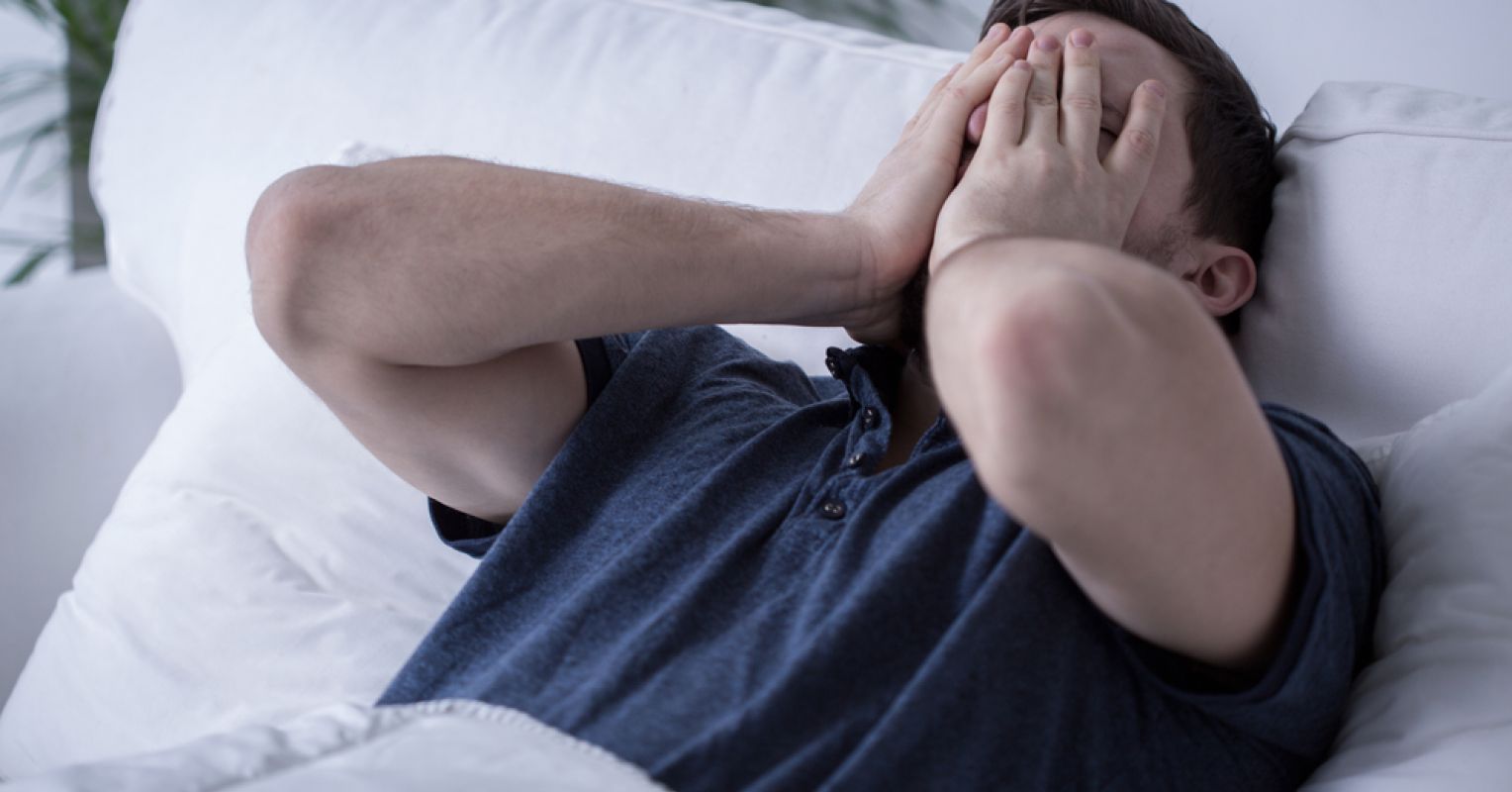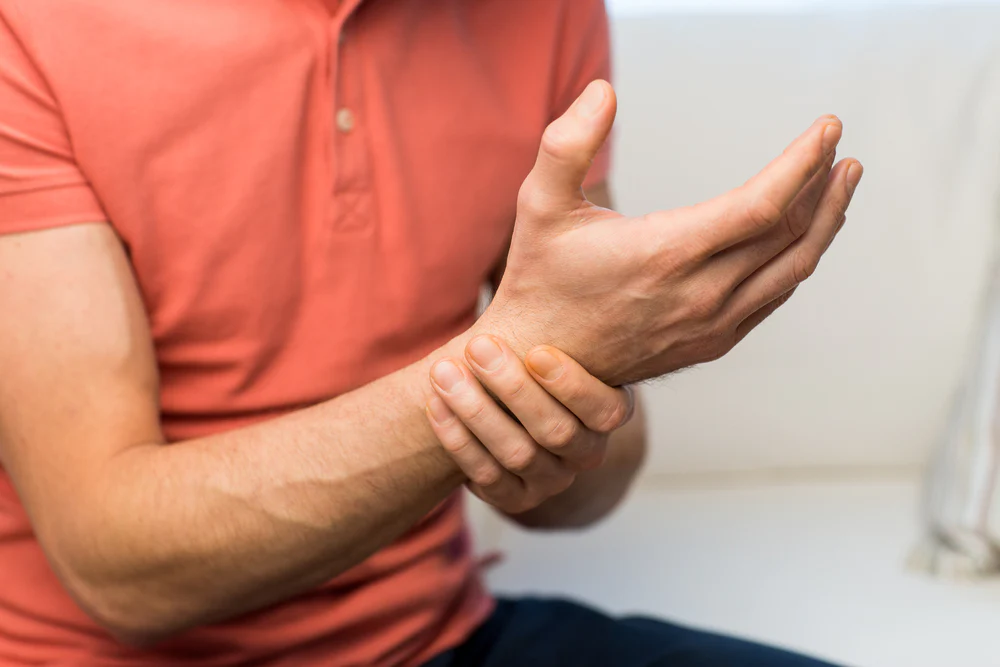Sleep Disorders and Conditions
Why Do We Twitch In Our Sleep? The Mystery of Hypnic Jerks Unveiled
Have you ever found yourself drifting off to sleep, only to be suddenly jolted awake by a sudden muscle spasm? If so, you may have experienced what is known as a hypnic jerk. Hypnic jerks are a common occurrence during sleep and can be unsettling for those who experience them. In this blog, we will explore what hypnic jerks are, why they happen, and what you can do to minimize their occurrence.
What is a hypnic jerk?
Hypnic jerks, also known as sleep starts, are involuntary muscle spasms that occur just as you're falling asleep. They are characterized by a sudden jolt or twitch and can cause you to wake up feeling startled. Hypnic jerks can be accompanied by a sensation of falling, which can also be unsettling.
Hypnic jerks are a type of myoclonic jerk, which refers to a sudden muscle spasm or twitch that is involuntary. Myoclonic jerks can occur in various parts of the body and can be caused by a variety of factors, such as nervous system disorders, medication side effects, or metabolic imbalances. Hypnic jerks, on the other hand, are specific to the moment just before sleep.
Why do hypnic jerks happen?
The exact cause of hypnic jerks is unknown, but there are several theories as to why they occur. One theory suggests that hypnic jerks are a natural part of the body's transition from wakefulness to sleep. As the body begins to relax and the brain waves slow down, the body can misinterpret this as a sign of falling, leading to a sudden muscle contraction.
Another theory suggests that hypnic jerks are a result of the body's natural fight-or-flight response. When we fall asleep, our muscles begin to relax, but our brain remains alert. If the brain perceives a threat, such as falling, it can trigger a muscle contraction in response.
Hypnic jerks can also be influenced by external factors, such as caffeine intake or stress levels. Caffeine is a stimulant that can interfere with the body's natural sleep cycle, making it more likely that hypnic jerks will occur. Stress can also contribute to the occurrence of hypnic jerks, as it can increase the body's overall tension level.
How can I minimize the occurrence of hypnic jerks?
While there is no guaranteed way to prevent hypnic jerks from occurring, there are some steps you can take to minimize their occurrence. These include:
Practice relaxation techniques before bed. Engaging in activities such as yoga, meditation, or deep breathing exercises can help calm your body and reduce the likelihood of hypnic jerks occurring.
Avoid caffeine and stimulants before bed. Caffeine and other stimulants can interfere with your body's natural sleep cycle, making it more likely that hypnic jerks will occur.
Create a relaxing sleep environment. Make sure your bedroom is quiet, cool, and dark, and avoid using electronic devices before bed.
Get enough sleep. Being well-rested can help reduce the occurrence of hypnic jerks. Aim for 7-8 hours of sleep per night.
Consult with a healthcare professional. If you are experiencing frequent or severe hypnic jerks, you may want to speak with a healthcare professional. They can help determine if there is an underlying medical condition that may be contributing to your symptoms.
Hypnic jerks are a common occurrence during sleep and can be unsettling for those who experience them. While their exact cause is unknown, they are thought to be a natural part of the body's transition from wakefulness to sleep. To minimize the occurrence of hypnic jerks, it's important to create a relaxing sleep environment, avoid stimulants before bed, practice relaxation techniques, get enough sleep, and consult with a healthcare professional if necessary.
While hypnic jerks are usually harmless, they can sometimes be a symptom of an underlying medical condition. If you experience frequent or severe hypnic jerks, it's important to speak with a healthcare professional. They can help determine if there is an underlying medical condition that needs to be addressed.
In conclusion, hypnic jerks are a common occurrence during sleep that can be unsettling for those who experience them. While their exact cause is unknown, there are steps you can take to minimize their occurrence. By creating a relaxing sleep environment, avoiding stimulants before bed, practicing relaxation techniques, getting enough sleep, and consulting with a healthcare professional if necessary, you can reduce the likelihood of hypnic jerks occurring and enjoy a more restful night's sleep.
Sleep Disorders and Conditions
Sleepless in Psychiatry: Unraveling the Role of Sleep in Neuropsychiatric Illnesses
Sleep Disorders and Conditions
When Sleep Disorders Clock In: Insomnia’s Impact on Productivity of Young Adults
Sleep Disorders and Conditions
Why Does My Body Twitch When I Sleep
Sleep Disorders and Conditions
Hypnic Jerk: Why Do I Twitch in My Sleep?
Sleep Disorders and Conditions
When your Arm Falls Asleep: Causes and Treatments
Sleep Disorders and Conditions







